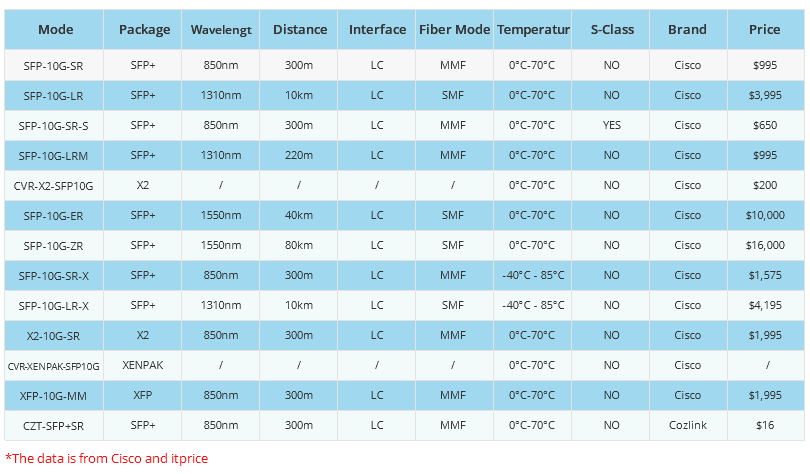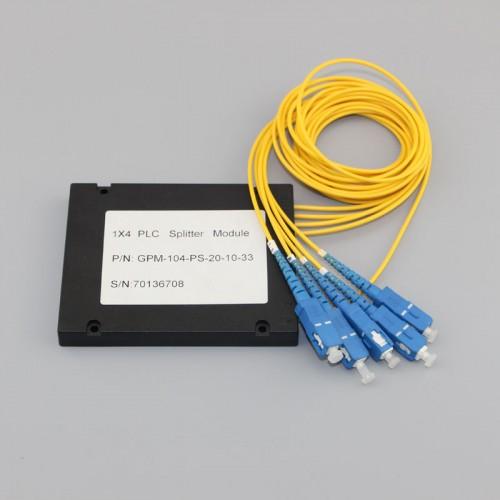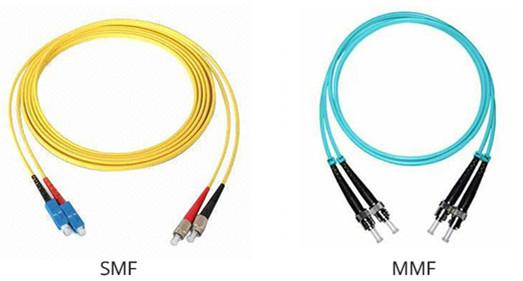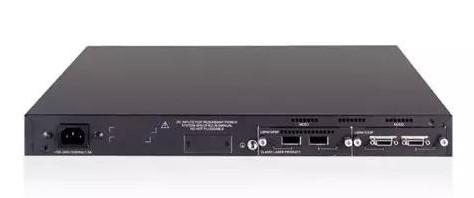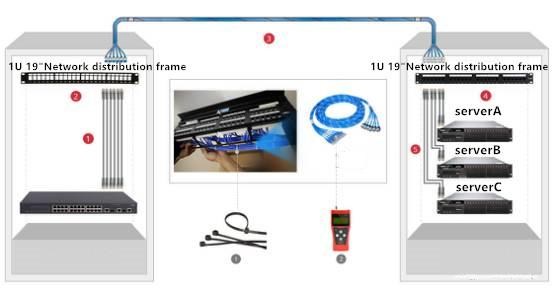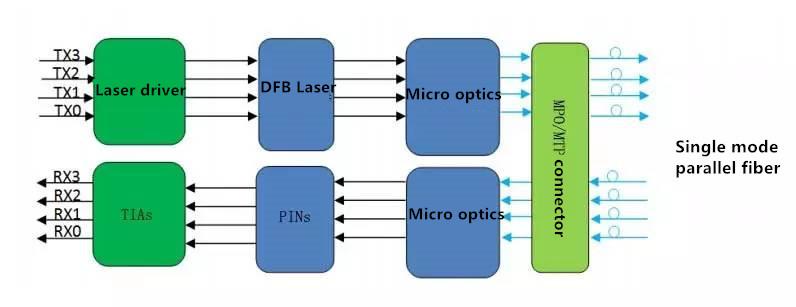- Related articles
- All Cisco DWDM-XENPAK-55.75's information (List price, Specs, Datasheet PDF, Compatibility
- Optical Transceivers for Cisco WS-C2960+24PC-L Switch
- All Cisco DWDM-XENPAK-47.72's information (List price, Specs, Datasheet PDF, Compatibility
- What Condition is Required to Enable Layer 3 Switching?
- Optical Transceivers for Cisco ME-3400-24TS-D Switch
- Optical Transceivers for Cisco SG200-50FP-EU Switch
- Optical Transceivers for Cisco WS-C3650-48FQ-S Switch
- Optical Transceivers for Cisco WS-C3750G-48PS-S Switch
- Applicable to 40GBASE-PLR4 Standard Optical Transceiver Models
- Applicable to 1000BASE-BX Standard optical transceiver models

Definition
A transceiver module is a group of transceivers comprising both a transmitter and a receiver which are combined and share common circuitry or a single housing. When no circuitry is common between transmit and receive functions, the device is a transmitter-receiver. The term originated in the early 1920s. Similar devices include transponders, transmitters, and repeaters.
Application
Transceivers module can handle analog or digital signals, and in some cases, both. In regions where digital coverage is spotty, a transceiver may be equipped for analog to ensure that there will be no loss of signal. The ability to receive both can drive up the cost of the transceiver, due to the need to bundle in additional circuitry. Used in Very low power UHF wireless data transmitters and receivers , 315 / 433 / 868 and 915 MHz ISM/SRD band systems and RKE – Two-way Remote Keyless Entry
RF transceiver module
An RF transceiver module (radio frequency module) is a (usually) small electronic device used to transmit and/or receive radio signals between two devices. In an embedded system it is often desirable to communicate with another device wirelessly. This wireless communication may be accomplished through optical communication or through radio frequency (RF) communication. For many applications, the medium of choice is RF since it does not require line of sight. RF communications incorporate a transmitter and/or receiver.
What is a SFP transceiver module?
The small form-factor pluggable (SFP) is a compact, hot-pluggable transceiver used for both telecommunication and data communications applications. The form factor and electrical interface are specified by a multi-source agreement (MSA) under the auspices of the SFF Committee.
SFP transceivers are available with a variety of transmitter and receiver types, allowing users to select the appropriate transceiver for each link to provide the required optical reach over the available optical fiber type.
What is a wireless transceiver module?
Wireless transceiver (transmitter / receiver) modules offer a faster time-to-market alternative to chips/chipsets that allow designers at all levels of RF experience to integrate a completed wireless system into their products. Many modules are manufactured as a drop-in solution where designers create a compatible pin-out on their processor board and supply serial data to the appropriate pins.
Conclusion
Choosing and buying a transceiver module is as simple as someone identifying his or her personal needs and setting a budget. And more and more models appears, in our company you can choose the transceiver module what you like.
Please click to check more related concepts:
| Transceivers Package | Ethernet standard | Application | Transceivers Wavelength | Fiber mode | Interface |
| SFP | 100Base-FX | Bidi | |||
| SFP+ | 1000Base-X | DWDM | Multi-mode | ||
| XFP | 1000BASE-T | WDM | |||
| QSFP+ | 10GBASE-SR | ||||
| X2 | 10GBASE-T | ||||
| GBIC | |||||
| CFP | |||||
| CSFP |














































